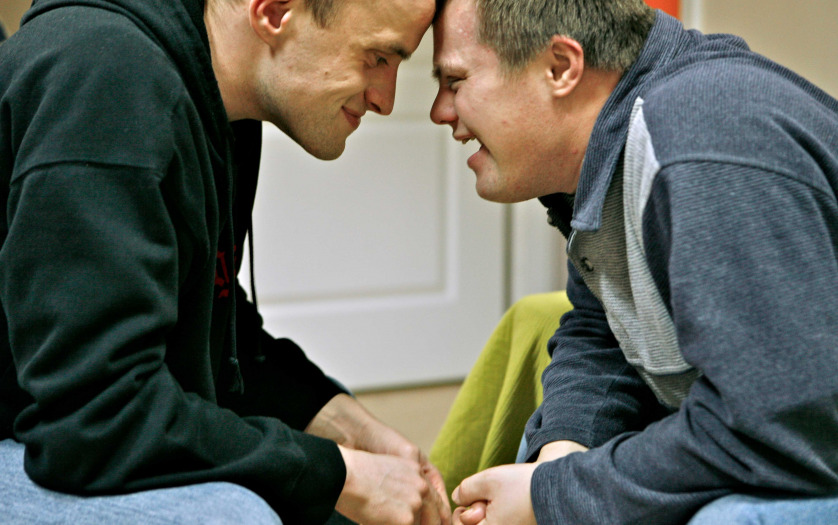
A new USC-coordinated project looks to change how research is designed, developed and disseminated by involving people with autism and their families.
The TRUST project — short for Transforming Research: Understanding Sensory Experiences in ASD, Stakeholders Working Together — is a new, two-year project supported by a $243,000 award from the Eugene Washington PCORI Engagement Awards program, an initiative of the Patient-Centered Outcomes Research Institute (PCORI). The institute is an independent, nonprofit organization authorized by Congress in 2010 to fund comparative effectiveness research that will provide patients, their caregivers and clinicians with evidence to make better-informed health and health care decisions.
“We will particularly attend to the ‘autistic voices’ of underrepresented or underserved communities and ensure that individuals who have been marginalized due to stigma, social behavior or verbal abilities are included,” said Professor Mary Lawlor, TRUST project lead at the USC Chan Division of Occupational Science and Occupational Therapy. “Autistic people have really important expertise, and it’s exciting to engage people in the community who really want to share their expertise too.”
The TRUST project begins by convening four groups of stakeholders: autistic self-advocates, family members and caregivers, researchers and interdisciplinary service providers, including occupational therapists. Lawlor, who is jointly appointed to the Keck School of Medicine of USC’s Department of Pediatrics, will facilitate conversations using narrative-based strategies, which give space for people to tell their own stories with their own words about what matters most in their own lives. These stakeholder groups will then coalesce to identify new research priorities, amplify engagement of the autism community in research, foster mutual trust and expand tools for enhancing future patient-centered outcomes research.
A sustainable alliance will propel stakeholder engagement in future research that extends beyond the project’s funding window and serve as a model for research projects outside of Southern California to replicate.
“A lot of researchers think that there is only one right perspective and can’t deal with differences effectively,” Lawlor said. “But you need to have opportunities like this, with multiple perspectives at the same table, to make people feel heard and seen.”
According to Lawlor, the TRUST project will narrow several glaring gaps in the existing literature about the sensory experiences of autistic people.
First, autism research has traditionally focused on children, with relatively less attention paid to the experiences of autistic adolescents and adults. Second, autism research has oversampled white/Caucasian participants and regrettably undersampled populations with racially and ethnically diverse backgrounds. Third, research has disproportionately focused on so-called “high functioning” participants — autistic people who perform and participate in everyday activities and roles wholly or largely independently. Lastly, the uptake of sensory processing research has been slow in clinical arenas, in part because service providers are rarely engaged in university-based research studies.
“Clinicians, as much as anybody, should be involved at the starting point of research,” said Erna Blanche, a clinical professor at USC Chan, lead contributor to the TRUST team and co-lead of the Clinician and Provider Stakeholder Group.








